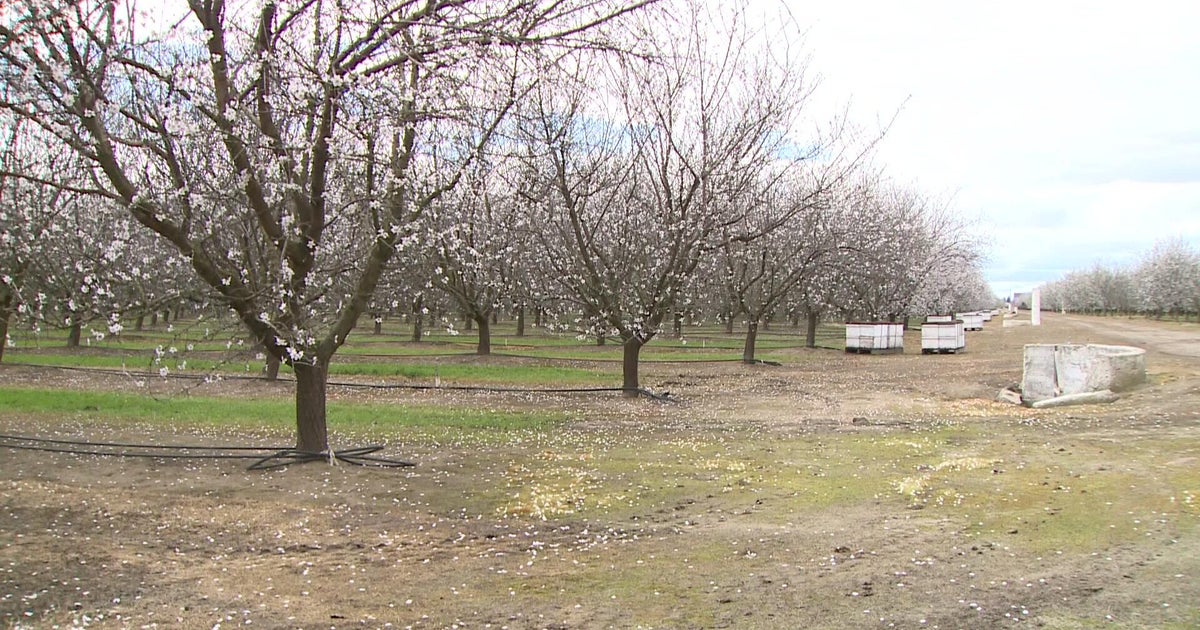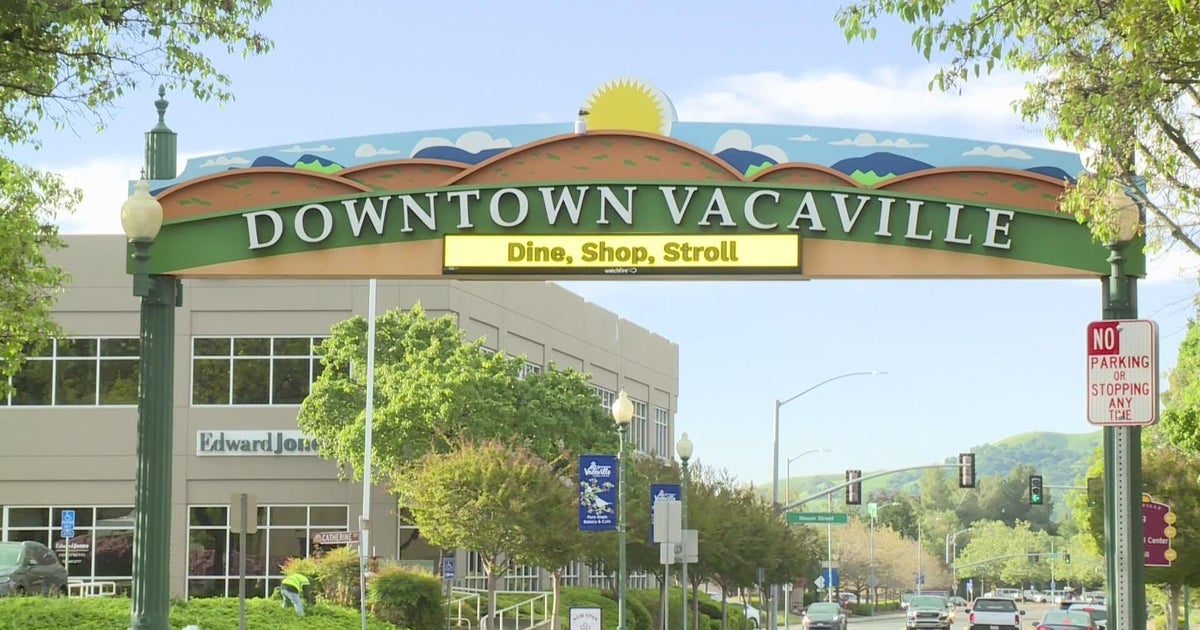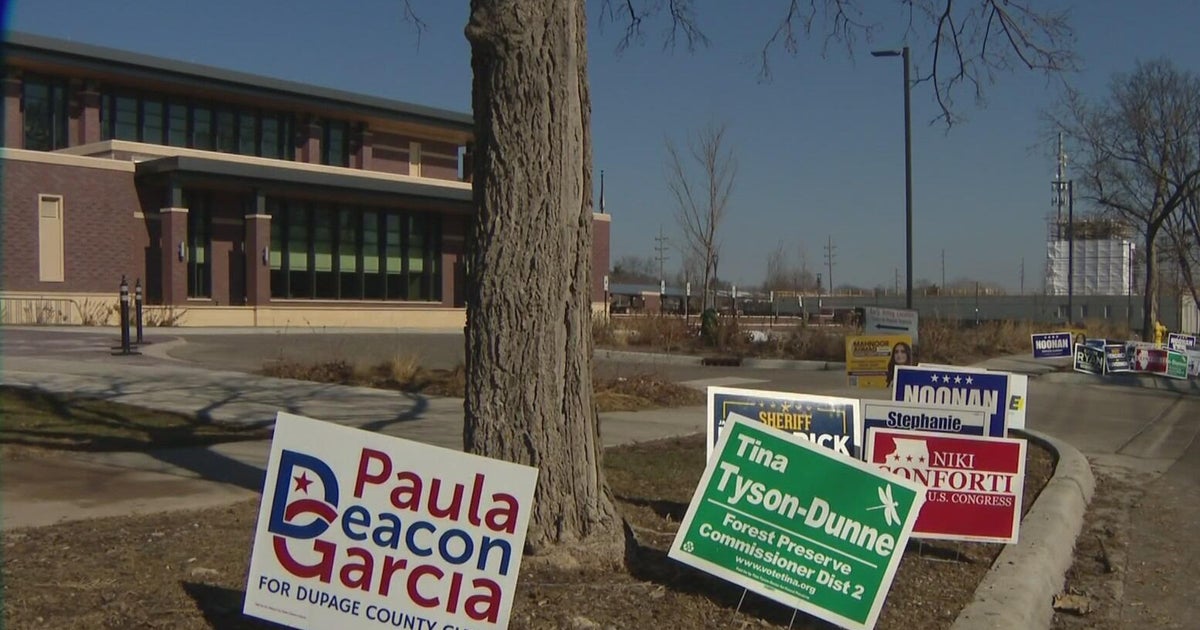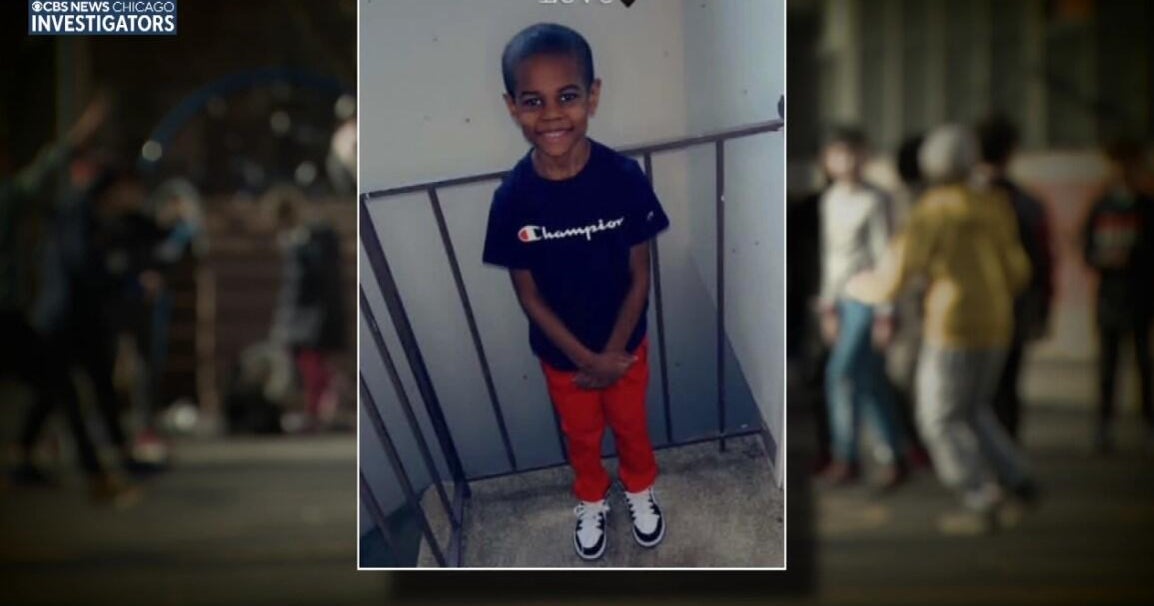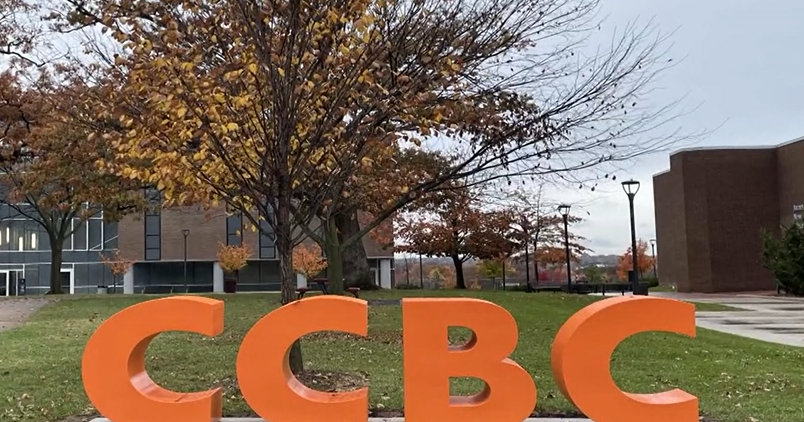Second Round Of Budget Votes Coming
SACRAMENTO, Calif. (AP) -- With half the state budget gap resolved, California lawmakers saved the toughest questions for this week as they decide on possible tax extensions, the elimination of redevelopment agencies and how to tax businesses.
A five-year extension of the increases to the sales, personal income and vehicle taxes enacted two years ago is the cornerstone of Gov. Jerry Brown's plan to fill a $26.6 billion shortfall. The Democratic governor wants lawmakers to call a special election June 7 so voters can decide the tax question.
While no GOP legislators have stepped forward in support of the plan, Brown could have a slightly easier time trying to sway Republicans this week now that their state party convention has closed. A conservative faction within the California Republican Party, which met this weekend in Sacramento, wanted to label as a traitor any GOP lawmaker who votes for the governor's plan. But the faction withdrew its "traitors" resolution at the last minute, with the author saying she regretted its "negative language."
Republican lawmakers no longer have the convention hanging over their heads, although most have signed pledges against raising taxes.
"The state isn't broke, it's broken," Sen. Joel Anderson, R-La Mesa, said as he argued against putting the tax extensions on the ballot during a floor debate on the budget plan last week.
He and other Republicans argued that more taxes would drive away employers and harm the economy.
Brown is resting his hopes on a group of five Republican senators who have left open the possibility of compromise if the governor is willing to bend on pension reforms, a state spending cap and regulatory changes, primarily to state environmental laws.
Republicans pose Brown's top challenge now because he already corralled Democrats behind his spending cuts last Wednesday and Thursday, when many of them noted how difficult it was for them to cast those votes. Most of the nearly $14 billion in cuts, loans and transfers were approved with little or sometimes no Republican support.
Democrats complained that Republicans appeared unwilling to support either spending cuts or the special election calling for an extension of the tax increases. Republicans remained focused on the structural changes they said are necessary to right the state's finances over the long term.
"The reductions that are being made are not really necessary," said Assemblywoman Diane Harkey, R-Dana Point. "We need to start at the state bureaucracy before we start cutting from the really needy."
The cuts targeted welfare recipients, poor families in need of health care for their children, the disabled and college students and their families.
About a dozen activists, some in wheelchairs, disrupted the weekend Republican Party convention at a hotel across from the Capitol, protesting the social service cuts and saying the Legislature needs to broaden the state's tax base. They carried signs reading "Tax the rich" and "Tax big oil," an apparent reference to previous attempts to tax companies that drill for oil in California.
Among them was Sheela Gunn-Cushman, who is blind, has cerebral palsy and receives in-home supportive services, Supplemental Security Income and Medi-Cal. She lay on the floor of the hotel Saturday in a show of civil disobedience against the cuts.
"I don't think that money should be taken away from people," said Gunn-Cushman, 39, a registered Republican.
If all Democrats support the governor's call for a special election, two Republican votes are needed in the Assembly and the Senate to authorize it.
The Legislature, which reconvenes Monday, also acted on Brown's plan to make local governments more responsible for some services now provided by the state. For example, the Legislature voted to give counties more responsibility over inmates and parolees.
Democrats said they were frustrated that because Republicans did not agree with all parts of the governor's budget plan, they said they would not vote for any of it.
"Why is it in this case, if you only have half a loaf, you don't have a loaf at all?" said Bob Blumenfield, a Democrat from Sherman Oaks and chairman of the Assembly Budget Committee.
A two-thirds majority vote also is needed to pass SB77, which would eliminate the state's more than 400 redevelopment agencies, saving $1.7 billion. The Legislature could pass parts of the bill with a majority vote, but the entire package, which involves transferring property tax revenue from redevelopment agencies to schools, police and other local services, requires the supermajority.
Another $2.3 billion would come from SB79, which would eliminate tax benefits on enterprise zones and require multi-state businesses to calculate taxes to California based on the state's percentage of their overall sales.
Numerous business and law enforcement groups around the state have backed the governor's budget plan, agreeing that erasing nearly $27 billion from state spending might do more harm to the economy than a plan that balances spending cuts with the tax extensions.
Brown has been negotiating with lawmakers for weeks in an attempt to build support for his plan. He has said that if voters reject the tax extensions, he will interpret that as their approval of an all-cuts budget plan.
In recent weeks, advocates for education, health, public safety, labor and state employees have demonstrated around the Capitol, urging lawmakers to authorize the special election.
A Field Poll released last week found that a majority of California voters favor putting the tax question on the ballot.
The state Department of Finance estimates the tax hikes have cost Californians $260 a year on a per-capita basis since they were implemented in 2009. The increase in the personal income tax alone costs $125 to an individual earning $40,000 a year, or $320 to couples who make $100,000 a year and file their taxes jointly.
Exactly when the Legislature must consent to the ballot measure is a gray area.
If Californians are to vote on June 7, as Brown wants, overseas voters must receive their ballots 60 days in advance, or April 7. Gil Duran, a spokesman for Brown, said that's also the governor's birthday, and he's hoping lawmakers will give him something to celebrate.
"Let's cross our fingers," Duran said.
(Copyright 2011 by The Associated Press. All Rights Reserved.)

